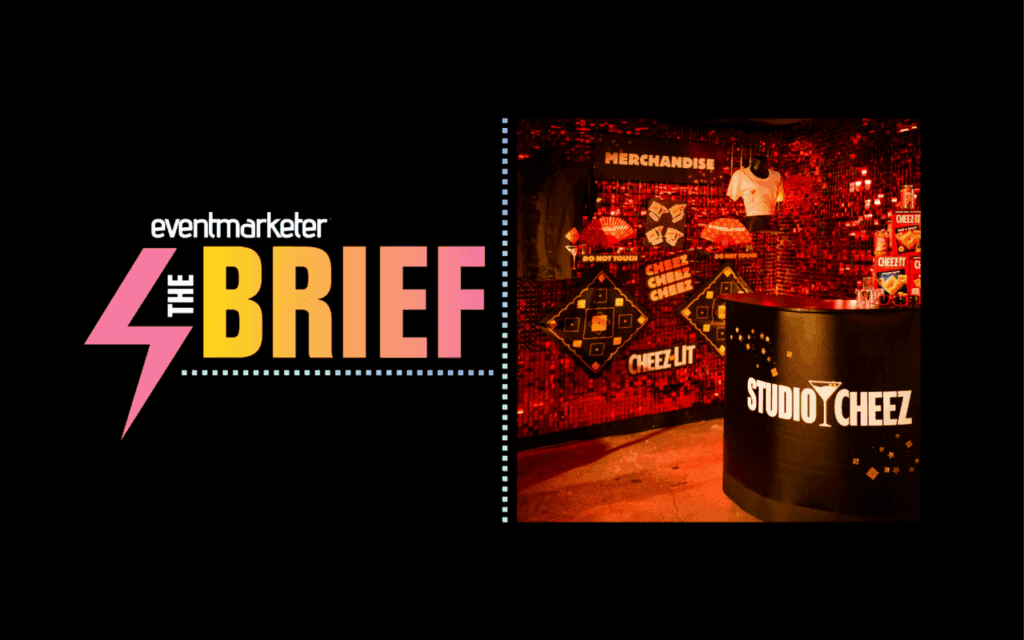At some point in the future, October 5th will be called Steve Jobs day, and millions around the world will go to work in jeans and a black turtleneck in memory of a man that less than .0000001% of the population has ever met but seemingly 99% of the population has an immense feeling of adoration. His passing was not one of those details that you make a note of, not something of significance but ultimately insignificant. Jobs’ death is a social phenomenon. When we read the news later today, it will not surprise us to learn that his departure has received more mentions than when news of Osama bin Laden was finally terminated.
We say his is a social phenomenon not simply because of the numerous mentions on Facebook and Twitter. We describe it as social, because the reaction is not one of reflection of emails about his death. Friends didn’t write friends to discuss the impact he had on each others’ lives. His life and, as a result, his passing is a profoundly cultural experience. We feel compelled to share that we know and that we too were touched by what he did. It is as though each person wants to share how much he has touched their lives. Remarks such as "I hope I can impact one person as much as Steve Jobs has impacted millions," and, " This world wouldn’t have been the same without Steve Jobs," are commonplace. Even Nordstrom owned Hautelook felt the need to post, " Thank you Steve Jobs for creating the interconnected inspired world we know today." the Obama’s, Bill Gates, Zuckerberg all put out statements as well.
Washington Post contributor Hank Stuever,, says, " That is what Steve Jobs gave us: the future. A sense of ourselves moving forward into this century, which has proved especially hard to do, with its lack of employment opportunities and its addiction to panic. He gave us a look at the future and all the ambivalence and worry that comes with it. It was the most elegant form of social disruption, and now your kids won’t glance up from their iPhones. They’ll never need to." This echoes a sentiment we saw on Facebook, namely, " Some say it will end with him, but I say he gave us the tools and paved the way for something greater. Tomorrow we push towards the greatness and make him proud. " All great sentiments, and we have no doubt that in the days, weeks, months, and years to come, there will be no shortage of additional eloquent reflections, amazing statistics and anecdotes.
While Jobs lived much longer than almost anyone with pancreatic cancer, most agree that this is a reminder that we are all human. His life though is the exception to almost any rule, and perhaps that is why we are attracted to him even more. Yes, he touched billions of lives, and he achieved what almost anyone would have loved to do – fame, fortune, and defining industries. And in a movie like ending, it’s almost as though he was holding on, beating the odds until he found a point where he could let go – like some hero in a movie that hangs on longer than anyone thought possible but slips away when everyone else is safe. Yes, there are no shortage of almost super hero story lines. Yet, there is almost something more. Were Zuckerberg to unfortunately pass, he will not be remembered nearly the same way Jobs will be, even though he too has fundamentally altered people’s lives. There truly is something unique about the professional life of Jobs in how he had both early success then failure then astounding success across all things digital.
Perhaps, though, Jobs’ life is also a little tragic. It’s a life of a visionary. His products are revered. We love him for his innovations and perhaps curse him too for the rigidity and unwillingness to let us be us. In his products we saw a version of utopia that had some slightly scary aspects to it. But, the inventions is where the love ends. No one talks about or will talk about Steve the person. No one will remember him for being kind, caring, and making other humans better. We love what he created and almost revere him as a result, falling into the carefully crafted persona, the bitten apple and him as our cult leader. We can’t love him, and those who say they do are being disingenuous. People worship him and his products, and that’s why it’s a social experience as we all have something in common. He gave us something, but he has not impacted our humanity only the human experience.
 Network
Network

